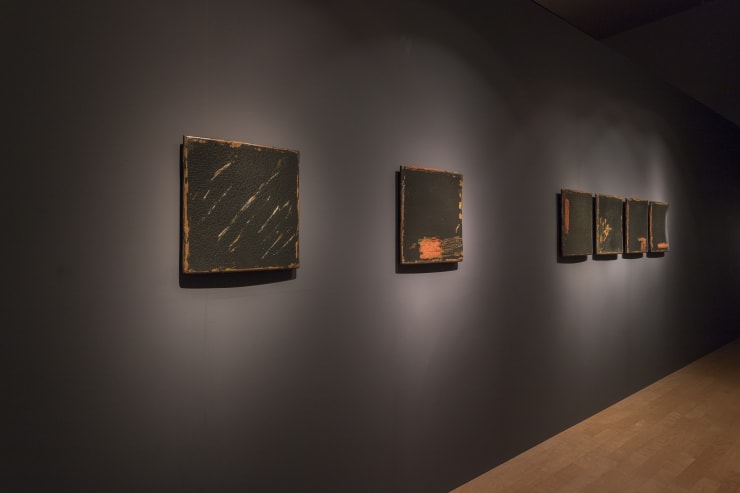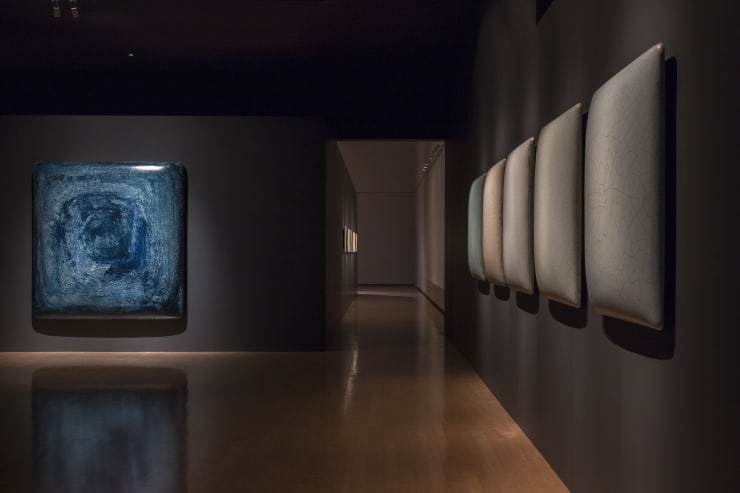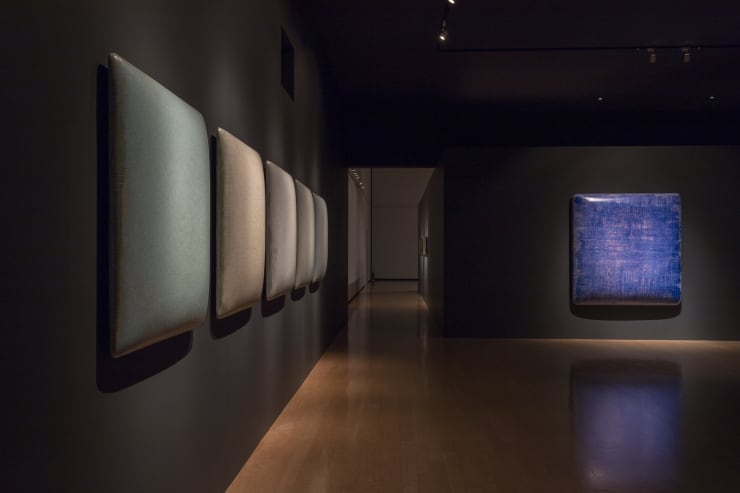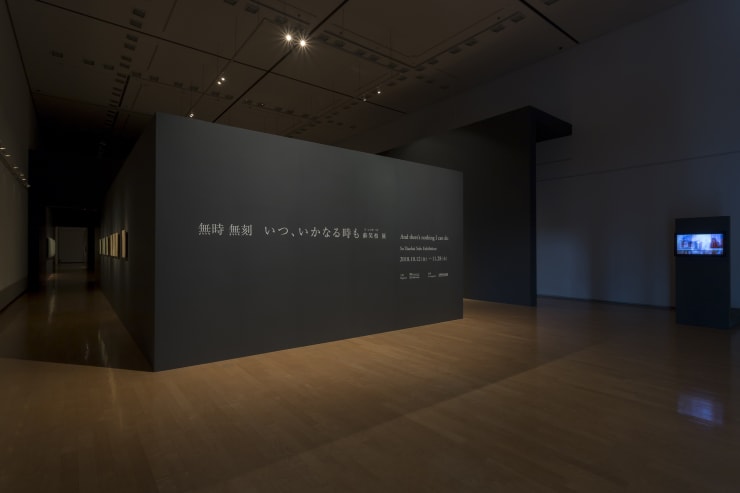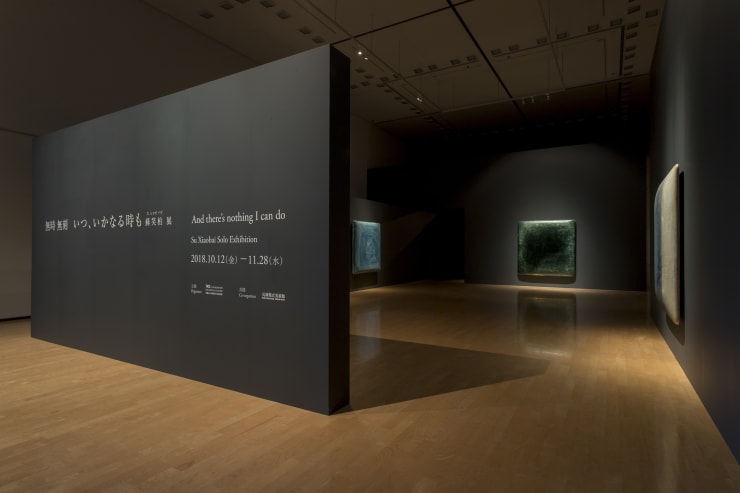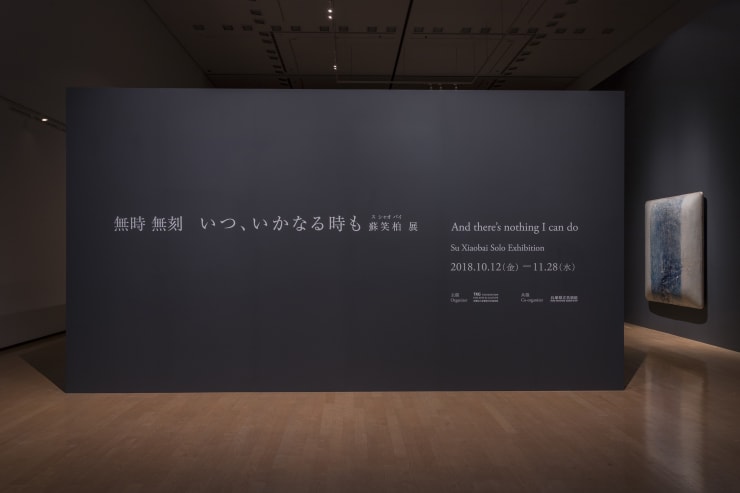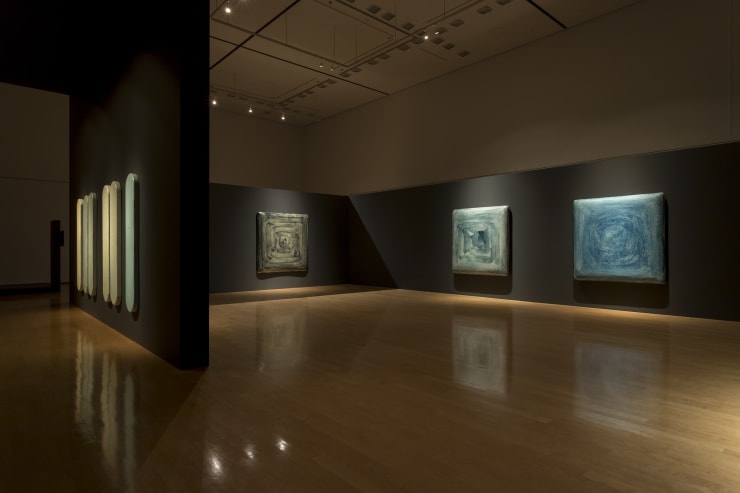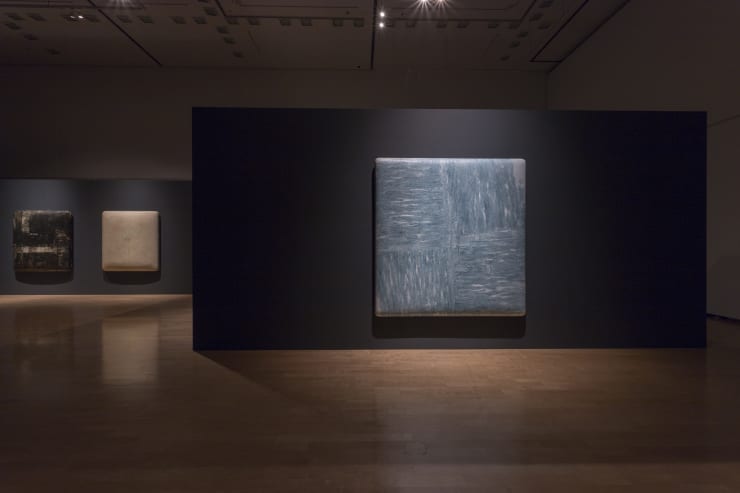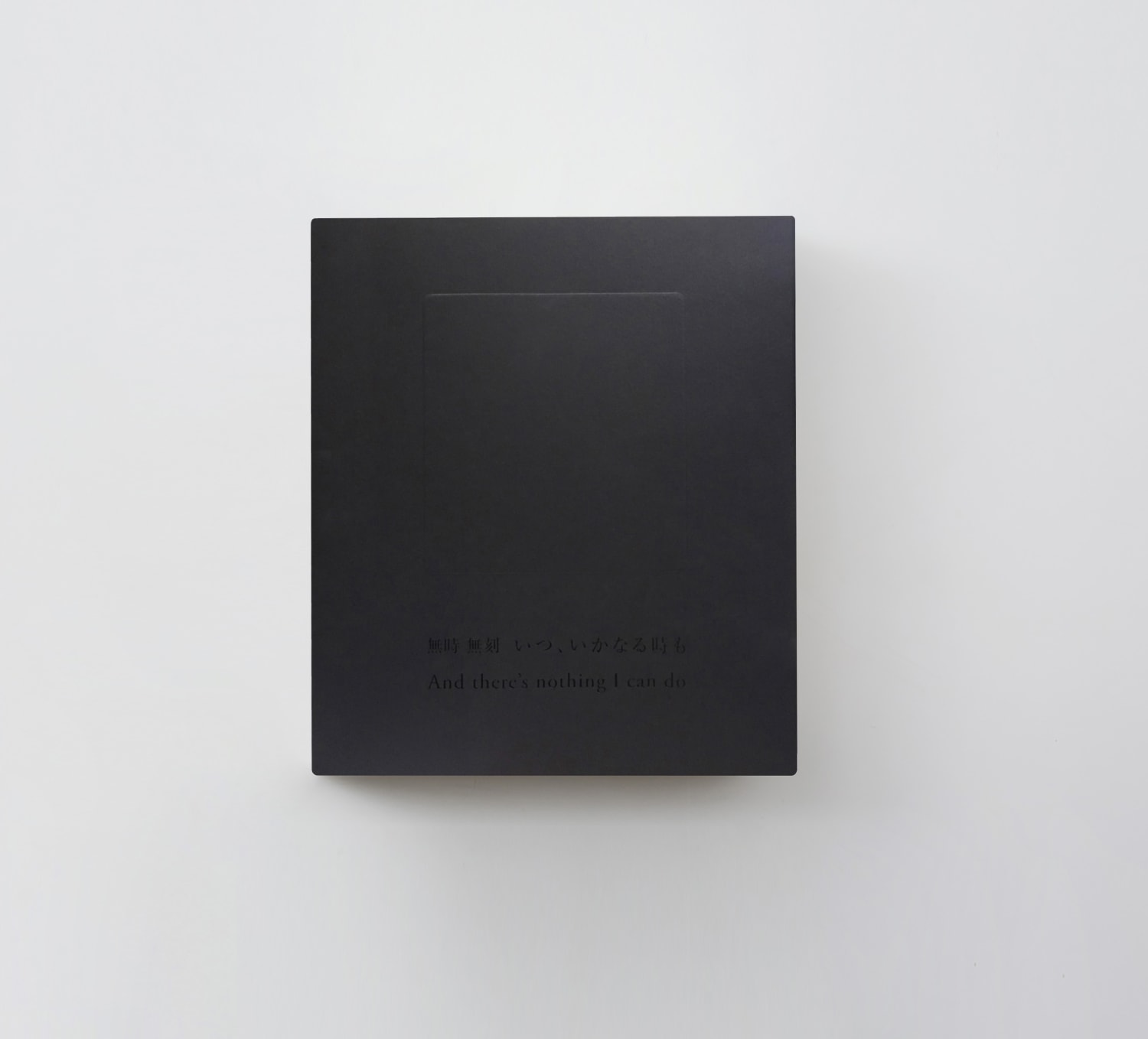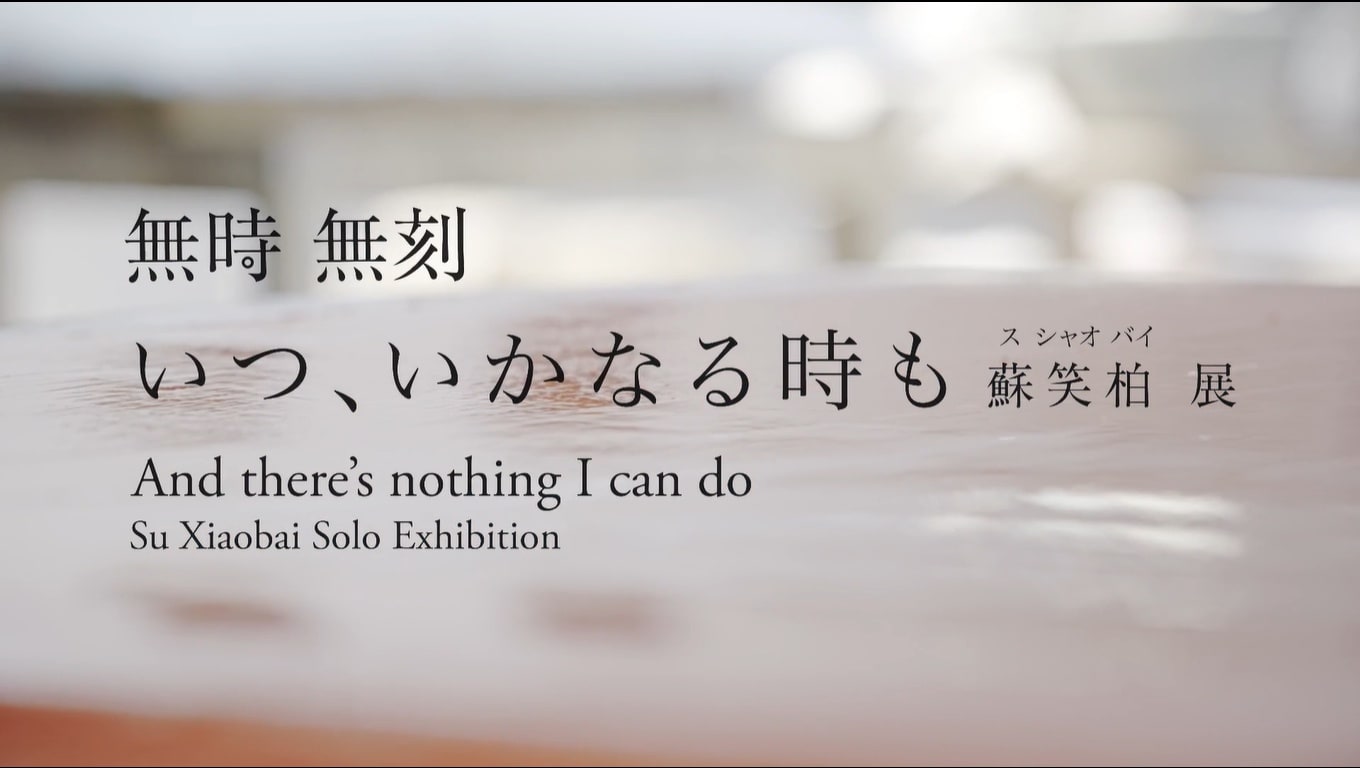And there's nothing I can do: Su Xiaobai Solo Exhibition
The largest art organization in West Japan, Hyogo Prefectural Museum of Art is designed by world-famed architect Tadao Ando, and led by director Yutaka Mino, who is not only dedicated to lifelong research on China's Cizhou kiln, but also highly conversant with Chinese culture, with a broad, diverse perspective on global contemporary art. In a space specially designed by Keisuke Toyoda of Noiz Architects, who once apprenticed with Tadao Ando, the Hyogo Museum presents And there's nothing I can do, a solo exhibitionof Chinese artist Su Xiaobai.
Bornin 1949 in Wuhan, China, Su Xiaobai studied painting at the Wuhan School of Arts and Crafts, the Wuhan Institute of Painting, and the Hubei Institute of Fine Arts before attending the Beijing Central Academy of Fine Arts, where he studied traditional painting and honed his expressive techniques. He was later awarded a German Cultural and Art scholarship to participate in the graduate program offered by the Düsseldorf Academy of Fine Arts in Germany in 1987.Immersion in Western culture and separation from his homeland led to Su Xiaobai's artistic rebirth, consequently fostering a deeper understanding of his surroundings, the ability to rediscover the duality between art and object, as well as a renewed perspective towards the traditional culture of his ancestry.
The artist paints layers of vibrantly colored lacquer in a purely structural and balanced composition, rendering a three-dimensional momentum and vitality. The thick, imposing texture stimulates a curiosity within the viewer, while the integration of cultural and historical heritage permeates the expressively colored abstracts. The seemingly arbitrary, yet meticulously deliberate handling of visual forms reveal the artist’s pursuit of aesthetic depth and quality. Standing at the cross-cultural convergence of Eastern and Western civilizations, the artist embodies the reciprocal philosophies and assimilation of the new globalized world, at the same time maintaining his personal sense of reinvention.
Just as Yutaka Mino, director ofHyogo Prefectural Museum of Art, lauds, “His works consisting of layer upon layer of lacquer filling large canvases speak to viewers, inviting them into a realm of profound tranquility and contemplation. We confidently anticipate Su Xiaobai will continue to carve out new aesthetic territory, producing challenging works of extraordinary impact in lacquer, a material superbly symbolic of Eastern culture.”
And there's nothing I can dorevolves around the artist’s creative state of being. For Su Xiaobai, art making doesn’t occur simply in the studio; nor is it defined by the moment when hewields his paintbrush; art making encompasses the time it takes to conceive a work. Art making entails a lot of spontaneity. Even when the artist has done everything, how the work turns out in the end is purely at the mercy of time. Just as Su Xiaobai says, “Leave the narrative to whoever wants a narrative. All I ask for is a little light, a little surface and undulation, with a bit of color, a bit of flow.”


